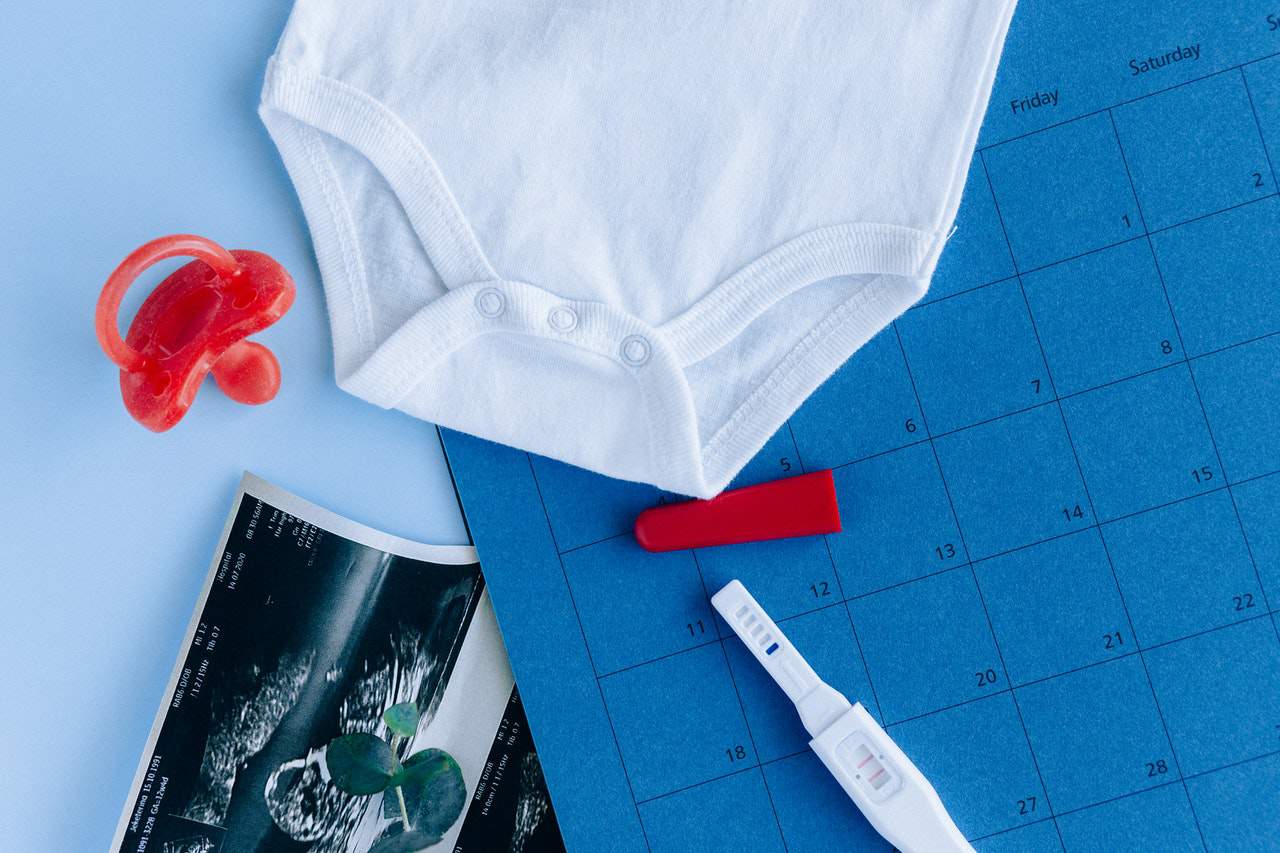A midwife is a health professional trained in caring for and supporting women throughout pregnancy, labor and delivery. Asking the right questions to a potential midwife is key to ensuring a safe and ideal birth. When looking for the right midwife to work with, it is important to be well-informed and to be able to develop trust and confidence.
Crucial information about qualifications, birth practices and experiences can help a pregnant woman decide her best match for a midwife. All these are encompassed in the following questions:
- How is your practice?
- What is your training?
- What are your fees?
- How often will our appointments be?
- What tests and screenings do you offer?
- Do I need to make lifestyle changes?
- What if there is a complication during my pregnancy?
- What if I go past my due date?
- Where do you attend deliveries?
- What will happen during labor?
- What pain management techniques do you offer?
- What are your common birth plan goals?
- Are you trained to do suturing?
- How will my baby and I be cared for after birth?
List of Essential Questions To Ask a Midwife
Every woman needs to find a healthcare provider whom she can feel comfortable with. The following questions can serve as a guide when trying to know more about a midwife’s scope of practice and different birth approaches.
How is Your Practice?
Some midwives practice solo using the model of continuity of care. Others work together with other midwives as a team, and use the shared model approach.
Related Questions:
- Am I allowed to have a doula?
- How many birth clients do you accept at a time?
- Are you available via email, text or call?
What is Your Training?
Midwives can have different titles, such as CNM, CM, or CPM.
Related Questions:
- What are your credentials and certifications?
- How long have you been in midwifery practice?
- How many births have you attended?
- How many women have had natural birth under your guidance?
What are Your Fees?
It is important to have a clear expectation regarding the cost of care.
Related Questions:
- What is the total cost of care?
- Do you offer payment installment plans?
- Are your fees covered by insurance?
Prenatal Care
A midwife can provide guidance on nutrition, fitness and how to relieve physical discomforts during pregnancy, as well as give individualized emotional support to the pregnant woman. The following questions tackle both the physical and emotional aspects of pregnancy.
How Often will Our Appointments Be?
In general, a pregnant woman sees a midwife monthly at the beginning of pregnancy up to 28 weeks, then two times a week up to 36 weeks, and then weekly until delivery.
Related Questions:
- What does a typical appointment look like?
- How long does an appointment last?
What Tests and Screenings do You Offer?
A midwife can talk about routine tests that are offered for pregnant women, how they are performed, the advantages and disadvantages, and the possible risks involved. Decisions regarding these tests should be based on informed choice.
Related Questions:
- Will I have scans during my pregnancy? At what age of gestation?
- Will I be screened for gestational diabetes? How do you manage this condition?
- Are you experienced with high-risk pregnancies, like twins or breech deliveries, advanced maternal age, and pre-eclampsia?
Do I Need to Make Lifestyle Changes?
Each midwife will have her own philosophy regarding prenatal diet, supplements, weight gain, exercise, alcohol, and other drug use during pregnancy. It will be helpful to find out if it works with your own ideals.
Related Questions:
- Can I drink alcohol while I am pregnant?
- Is there any food I should avoid?
- How much weight should I gain during pregnancy?
- When should I stop working?
What if There is a Complication During My Pregnancy?
Midwives have guidelines regarding situations that would require referral to an obstetrician or transfer of care to a hospital. Even after transfer to a specialist, a midwife can still provide supportive care depending on her scope of practice.
What if I Go Past My Due Date?
Midwives have different practices when it comes to protocols regarding birth induction. In general, they are expected to provide the least number of interventions as set by their professional association. It is important for a pregnant woman to understand all her options.
Related Questions:
- How late can I be from my due date and still give birth under your care?
- Do you perform screening tests for babies past due date?
Labor and Childbirth
Labor and delivery are the most crucial part of pregnancy that should be discussed with a midwife. Expectations, planning, and counter plans can be explained and talked about through the following questions.
Where do You Attend Deliveries?
Midwives can provide care wherever the location a woman wishes to deliver – hospital, birthing center, or home – depending on availability in a specific area.
Related Questions:
- Do you have any hospital privileges?
- Do you work with an obstetrician?
- What are your experiences at different birthing locations?
- Can I have a homebirth?
- How do you feel about water births?
- How can I prepare my home for giving birth?
What Will Happen During Labor?
During the early phase of labor, a midwife typically keeps in touch via phone call. During active labor, a midwife comes to provide guidance throughout the rest of the labor and until delivery of the baby.
Related Questions:
- Will you be there during my labor?
- How do I know when it is time to come to the hospital?
- When during my labor do I call you?
- How do you monitor me and my baby during labor?
- Do you regularly do vaginal checks?
- What complications can happen during labor?
- What will you do if my labor slows down?
- Do you induce labor?
- If my bag of water breaks, what is the time limit that I have to deliver my baby?
- What is your hospital transfer rate?
- What are the most common reasons for hospital transfer?
- How will I be brought to a hospital for an emergency?
- If you are not available when I go into labor, who will be responsible for my care?
What Pain Management Techniques Do You Offer?
Midwives can offer a number of natural techniques to manage pain during labor, such as massage, position changes, or bath. Others also make use of nitrous oxide or transcutaneous electrical nerve stimulation (TENS).
What are Your Common Birth Plan Goals?
Specific parts of the birth plan can be presented ahead of time, including avoiding episiotomy, keeping the umbilical cord attached until pulsation stops before cutting, and promoting early skin-to-skin contact between mother and baby.
Related Questions:
- Should I write a birth plan? What format do you prefer?
- Will you be with other midwives during my delivery? What are their credentials and level of experience?
- What equipment will you bring for my delivery?
- How many people can stay with me in the delivery room?
- How long will I stay in the hospital?
- How will you assess if it is safe for me to have a home birth?
- What is your experience in giving birth to a big baby?
- Can my husband catch my baby? Can I catch my own baby?
- Will I need to have an episiotomy?
- What are my chances of needing interventions like an epidural, Pitocin or cesarean section?
- What will happen if I need emergency care?
- If I need to be transferred to a hospital, how will I get there? Are you going to come with me?
- Do you use forceps or vacuum-assisted delivery?
- Are you experienced with birth emergencies, like hemorrhage, partial placenta delivery, shoulder dystocia, or nuchal cord?
- Are you trained in neonatal resuscitation?
- Have you ever lost a mother or baby?
Postpartum Role
What happens after delivery could be worrisome, especially for first-time mothers, as they do not know yet what to expect. The following questions can be shared with a midwife and put their mind at ease.
Are you Trained to Do Suturing?
Perineum tears may happen during childbirth and are best managed by suturing.
Related Questions:
- What is your level of experience in suturing?
- Will you offer oxytocin to help in the delivery of the placenta?
- Are you trained in inserting an intravenous cannula and giving intravenous fluids?
How Will My Baby and I be Cared for After Birth?
A midwife usually comes back to visit 36 hours after childbirth. There will also be a number of visits during the 6-week postpartum stage, with more frequent visits during the first week and less fewer visits in the succeeding weeks. These typically take place in the mother’s home.
Related Questions:
- Will you monitor both my health and my baby’s?
- Are you experienced with providing newborn care?
- Do you offer newborn testing?
- What vaccines will you give my baby?
- Do you provide breastfeeding support?
- How long will you stay after my baby is born?
- When will I switch to pediatrician care for my baby?
Final Thoughts
A positive birth experience can have long-term effects on a woman’s health. Asking the right questions relevant to each woman’s unique birth ideals and preferences will ensure enough information to make an informed decision, and to find the right midwife whom to trust for the journey of giving birth to a baby.









